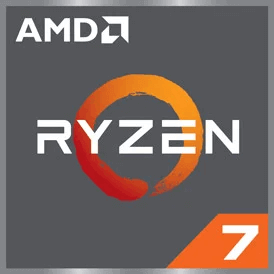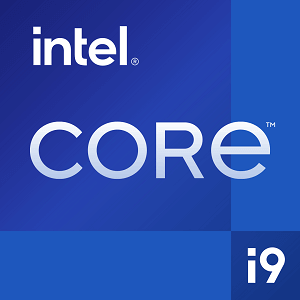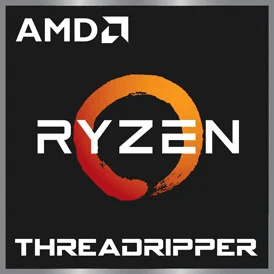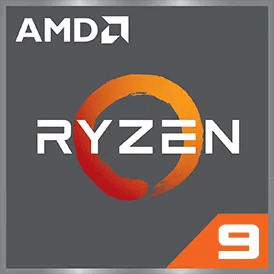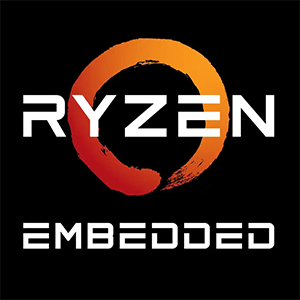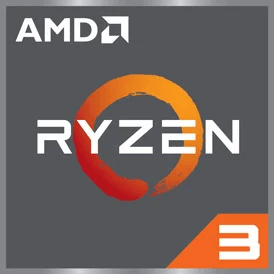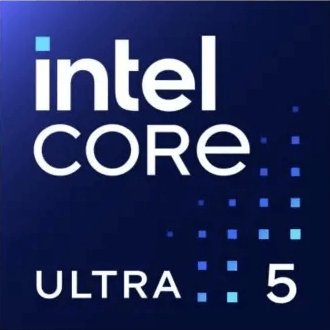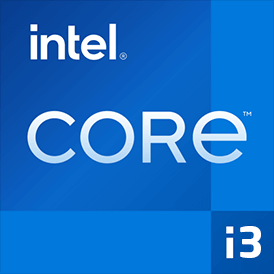Intel Processor 300 vs AMD Ryzen 7 5700G
We compared two desktop CPUs: Intel Processor 300 with 2 cores 3.9GHz and AMD Ryzen 7 5700G with 8 cores 3.8GHz . You will find out which processor performs better in benchmark tests, key specifications, power consumption and more.
Main Differences
Intel Processor 300 's Advantages
Released 2 years and 6 months late
Higher specification of memory (4800 vs 3200)
Larger memory bandwidth (76.8GB/s vs 51.2GB/s)
Newer PCIe version (5.0 vs 3.0)
Higher base frequency (3.9GHz vs 3.8GHz)
Lower TDP (46W vs 65W)
AMD Ryzen 7 5700G 's Advantages
Larger L3 cache size (16MB vs 6MB)
More modern manufacturing process (7nm vs 10nm)
Score
Benchmark
Cinebench R23 Single Core
Intel Processor 300
1467
AMD Ryzen 7 5700G
1480
Cinebench R23 Multi Core
Intel Processor 300
3921
AMD Ryzen 7 5700G
+255%
13945
Geekbench 6 Single Core
Intel Processor 300
+4%
2152
AMD Ryzen 7 5700G
2058
Geekbench 6 Multi Core
Intel Processor 300
4427
AMD Ryzen 7 5700G
+101%
8933
Cinebench 2024 Single Core
Intel Processor 300
+3%
88
AMD Ryzen 7 5700G
85
Cinebench 2024 Multi Core
Intel Processor 300
216
AMD Ryzen 7 5700G
+253%
764
Passmark CPU Single Core
Intel Processor 300
3218
AMD Ryzen 7 5700G
+1%
3266
Passmark CPU Multi Core
Intel Processor 300
7257
AMD Ryzen 7 5700G
+238%
24540
General Parameters
Oct 2023
Release Date
Apr 2021
Intel
Manufacturer
AMD
Desktop
Type
Desktop
x86-64
Instruction Set
x86-64
Alder Lake
Core Architecture
Cezanne
300
Processor Number
-
LGA-1700
Socket
AM4
UHD Graphics 710
Integrated Graphics
Radeon RX Vega 8
Package
-
Transistor Count
10.7 billions
10 nm
Manufacturing Process
7 nm
46 W
Power Consumption
45-65 W
100 °C
Peak Operating Temperature
95 °C
CPU Performance
2
Performance Cores
8
4
Performance Core Threads
16
3.9 GHz
Performance Core Base Frequency
3.8 GHz
-
Performance Core Turbo Frequency
4.6 GHz
2
Total Core Count
8
4
Total Thread Count
16
100 MHz
Bus Frequency
100 MHz
39
Multiplier
38x
80 K per core
L1 Cache
64 K per core
1280 K per core
L2 Cache
512 K per core
6 MB shared
L3 Cache
16 MB shared
No
Unlocked Multiplier
Yes
Memory Parameters
DDR5-4800,DDR4-3200
Memory Types
DDR4-3200
192 GB
Max Memory Size
128 GB
2
Max Memory Channels
2
76.8 GB/s
Max Memory Bandwidth
51.2 GB/s
No
ECC Memory Support
No
Graphics Card Parameters
true
Integrated Graphics
true
300 MHz
GPU Base Frequency
-
1450 MHz
GPU Max Dynamic Frequency
2000 MHz
192
Shader Units
512
48
Texture Units
32
24
Raster Operation Units
8
24
Execution Units
-
15
Power Consumption
15 W
3840x2160 - 60 Hz
Max Resolution
-
0.56 TFLOPS
Graphics Performance
-

